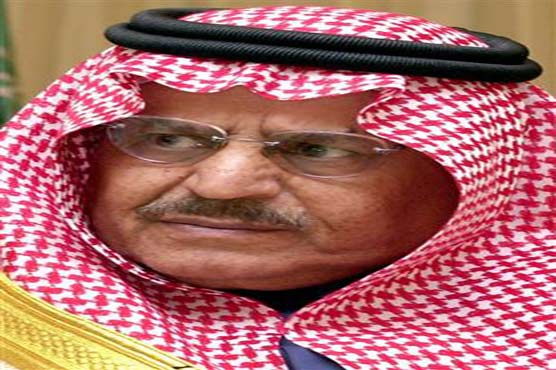Saudi king set to name Prince Nayef as heir

Saudi Arabias King Abdullah was expected to name Interior Minister Prince Nayef as his heir.

Saudi Arabias King Abdullah was expected to name Interior Minister Prince Nayef as his heir.